US meddling in Kazakhstan aimed at undermining China's BRI project
Last week’s deadly unrest in Kazakhstan has led to heightened tensions between traditional rivals, Washington and Moscow, while laying bare former’s nefarious project to destabilize the region.
The government of Kazakhstan has accused the US of “undermining the security and integrity” of the central Asian country, even as many experts link the unsavory developments to China’s ambitious Belt and Road Initiative (BRI), of which Kazakhstan is a vital cog.
The mass protests began in the oil-rich country on January 2, after the government decided to hike the prices of liquefied petroleum gas (LPG).
What began as a peaceful protest later turned violent, which President Kassym-Jomart Tokayev blamed on militants from other central Asian nations and Afghanistan, as well as the Middle East.
He called the unrest a “coup attempt”.
The unrest prompted Tokayev to appeal for help from the Collective Security Treaty Organization (CSTO) — a military alliance made up of Russia and five other former Soviet states — to restore peace and security in the country, which didn’t go well with Washington.
Russian President Vladimir Putin, in his remarks on Monday, also noted that protests in Kazakhstan were fueled by virulent internal and external forces, insisting that the Russia-led military alliance would not permit them to destabilize the country.
With all fingers are being pointed at “outsiders”, the destabilizing role of the US in the region comes into play, especially attempts to weaken the regional alliance against Washington’s hegemonic ambitions.
Located between China and Europe, Kazakhstan serves as a key link in China’s BRI project and counts on Beijing as its second largest trading partner, and its number one export destination.
The Atlantic magazine said in 2019 that “China has become the largest investor in Central Asia, and its patronage has been embraced by local governments, especially in Kazakhstan, where Xi announced Belt and Road Initiative in 2013.”
The unrest in Kazakhstan would be a blessing in disguise for the US to prevent the BRI project from progressing and thereby prevent China from achieving its economic goals.
Meanwhile, there is speculation that the US plot might be carried through a color revolution in the former Soviet country, modeled on the Rose Revolution in Georgia and the Orange revolution in Ukraine.
Kazakhstan's President Kassym-Jomart Tokayev blamed foreign trained terrorists for the unrest, without pin-pointedly mentioning the US.
Tokayev described a large proportion of the protesters as criminals, saying 20,000 “bandits” were involved in the unrest in Almaty, Kazakhstan's largest city and centre of the unrest.
Taking the same approach as Tokayev, the top Russian envoy in the US, Anatoly Antonov, blamed Washington's foreign policy for helping provoke the crisis in Kazakhstan through violent means, including trained and organized armed groups.
Russia also slammed the US Secretary of State Antony Blinken as boorish for saying Kazakhstan would be settled with Russian presence after asking Moscow to send in troops.
“I think one lesson in recent history is that once Russians are in your house, sometimes very difficult to get them to leave,” Blinken said after Russian troops were sent to Kazakhstan on President Tokayev’s formal request for Moscow’s help.
Moscow cited a number of Washington-led invasions, interventions, and military occupations over the decades, suggesting that Blinken might learn a lesson or two by examining the fate of the Native Americans, Koreans, Vietnamese, Syrians and other peoples who have had the misfortune to find these uninvited guests at their doorstep.
Journalist and political commentator, Rustem Safronov, reacting to Blinken’s comments, said that “Russia has much better track record than United States, because the United States has about 800 military options and bases around the globe and staying unwelcome in a lot of countries.”
Hezbollah leader: Israel‑US aggression is Lebanon’s main challenge
Muslim nations condemn Israel’s new West Bank settlement laws
Iraq executes ex-Saddam official over 1980 killing of Shia cleric Baqir al-Sadr
Iran could dilute 60% enriched uranium if ‘all sanctions lifted’: Nuclear chief
FBI chief vows to ‘hunt down’ those who kill American citizens – except Israel
VIDEO | Exclusive: Armed Forces spokesman says Iran will never give in to US pressure amid talks
Iran‑US talks ‘good opportunity’ to resolve nuclear issue: President Pezeshkian
Iran seeks result-oriented talks, progress depends on US seriousness: Araghchi


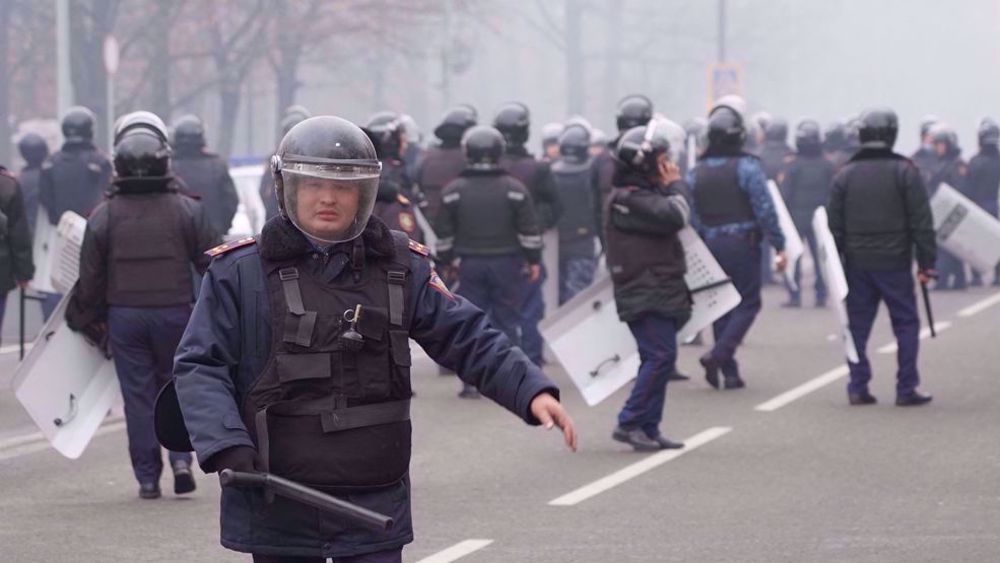
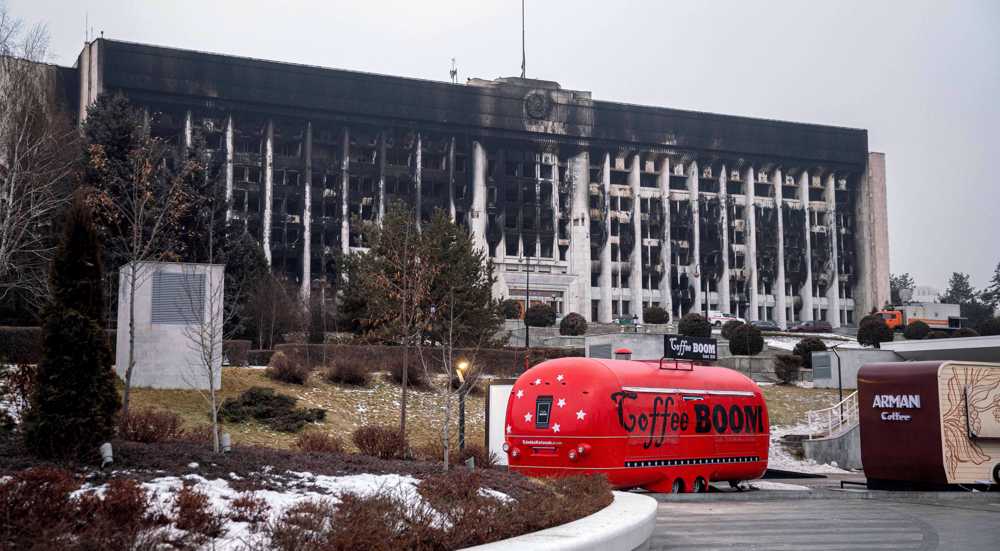
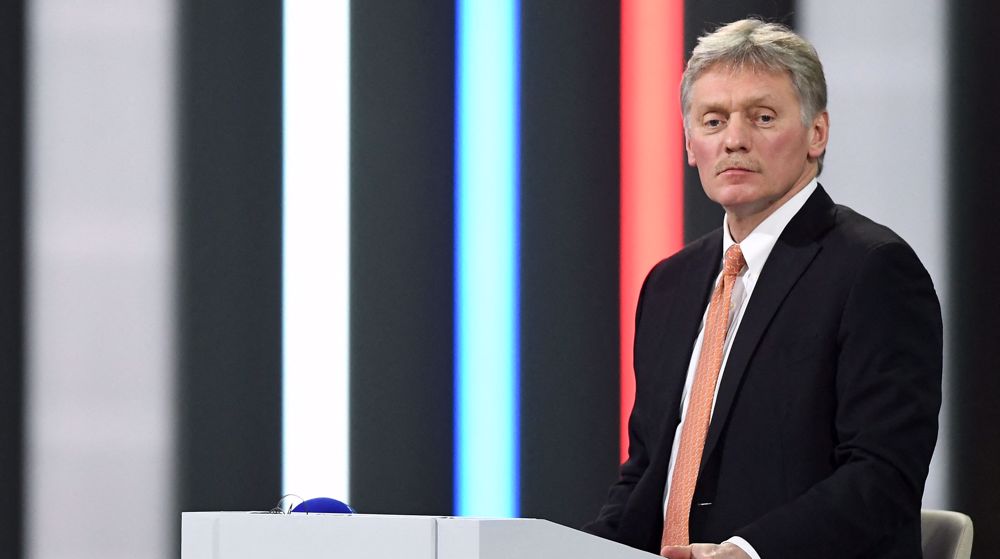
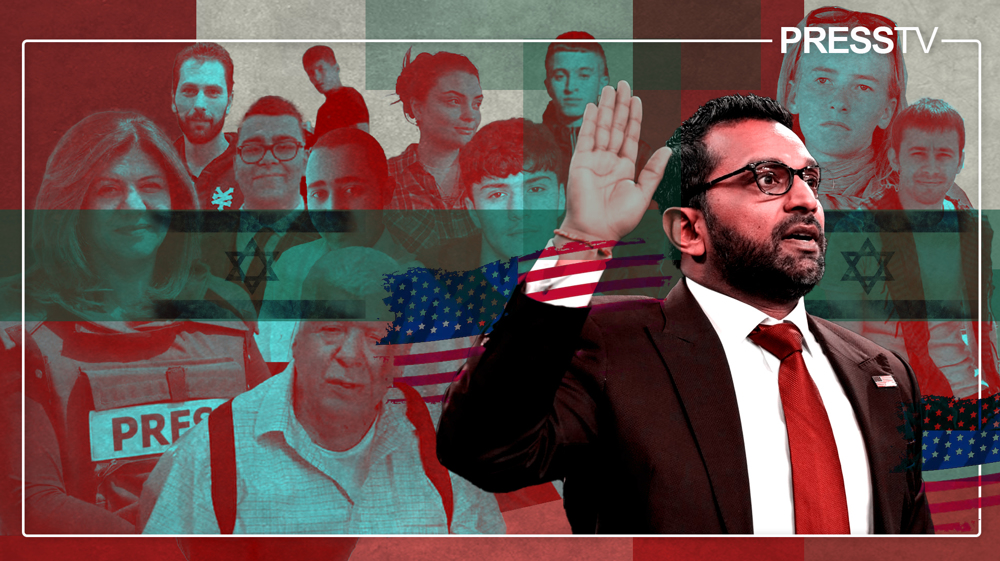
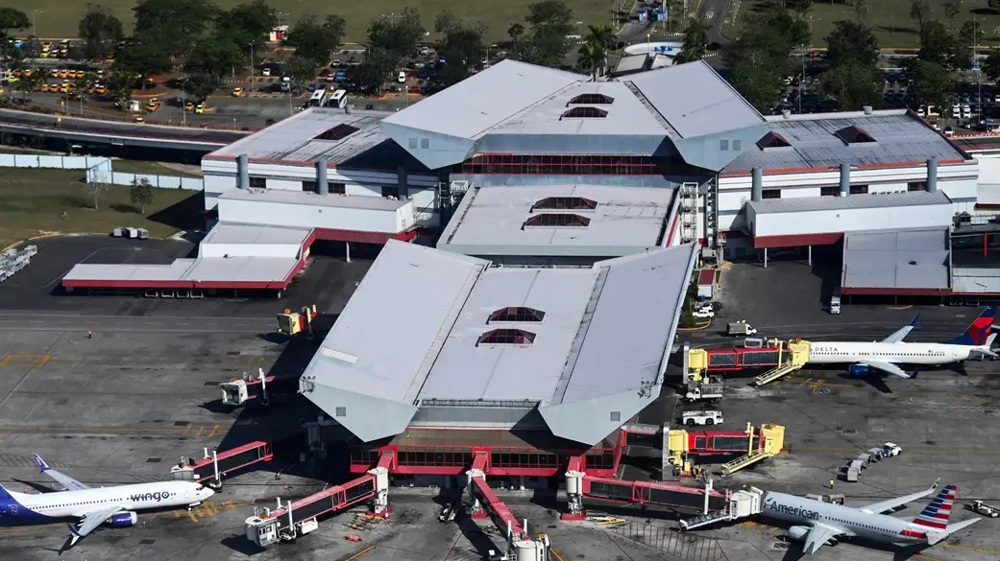
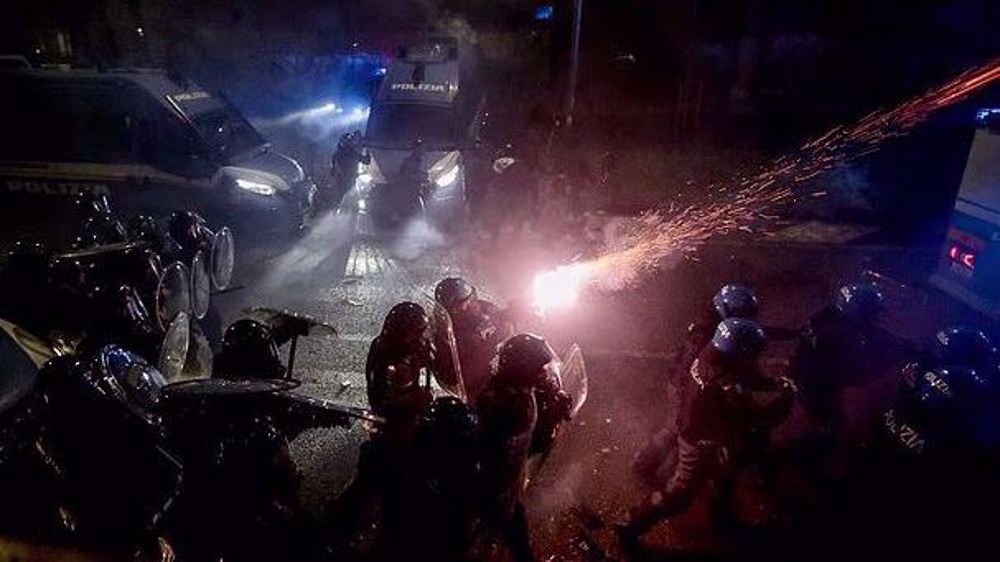




 This makes it easy to access the Press TV website
This makes it easy to access the Press TV website